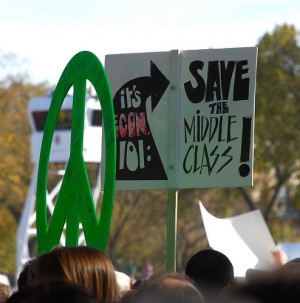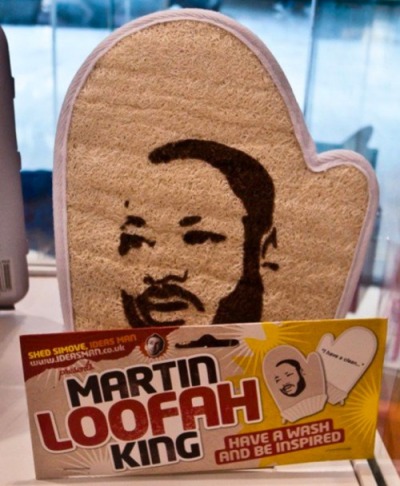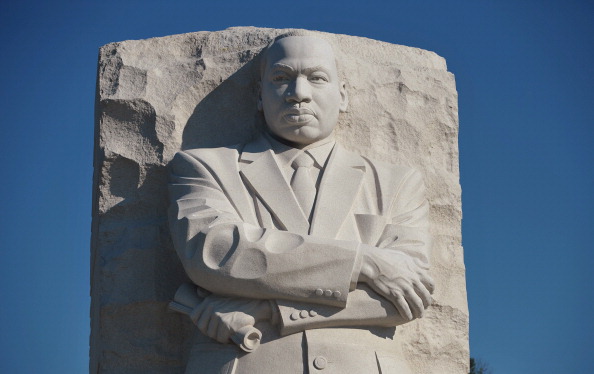“Stop Picking on the Black Middle Class; It didn’t abandon urban communities, despite what some say,” is the headline of Natalie Hopkinson’s article in The Root.
The piece references a recent Washington City Paper article, which asked “As parents in places like Capitol Hill embrace neighborhood schools, has D.C.’s black middle class given up on them?” Hopkinson answers, “If I were looking for a culprit in a racial group, the black middle class is the very last place that I’d be sniffing around.”
Hopkinson also describes her attempt to stop her next-door neighbor from selling crack. Confronting the man and shaming his customers didn’t work, so she called 311 and spoke to a black city employee who suggested that she do what the “white folks” did. Hopkinson wasn’t interested in that advice:
I was too furious to hear the rest. What in the Tiger Mom hell did my being white, black or purple have to do with the fact that this man was selling crack? “Just get someone over here!” I barked, and hung up the phone. Still, crickets.
Sadly, this attitude is par for the course in D.C. When you’re white — maybe especially in a very black city like Washington, D.C. — people pay attention. Some of it is the sheer novelty of whites living in previously all-black neighborhoods. Some of it is historical, and the socioeconomic position of whites in relation to blacks.
Whatever the reasons, as the city continues to gentrify, getting whiter and richer, progress is credited to white folks. It’s as if they deserve gold stars for consenting to live among the Negroes and cleaning up the Negro mess. Never mind the complicated cocktail of race, class and history that has shaped the city’s fortunes over the years. If you’re black, well … just try to be more like white people!
In the original City Paper feature, Jonetta Rose Barras wrote:
Continue reading








